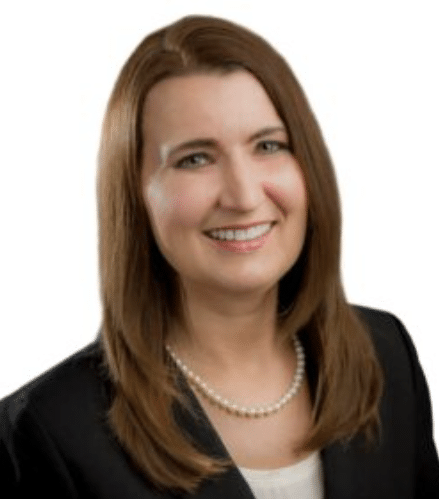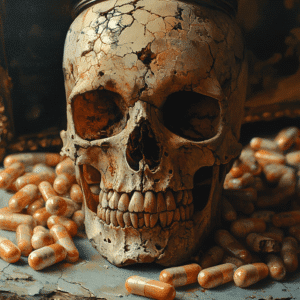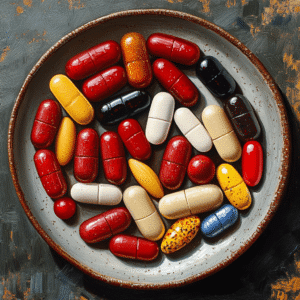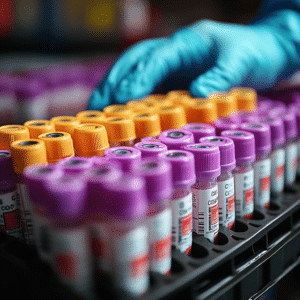Denise Kolivoski, a leader at the National Council on Addiction and Drug Dependence (NCADD), shares insights into the organization’s mission and the impactful work they do to support individuals and families affected by addiction. With 80 years of dedication to advocacy, education, and community support, NCADD stands as a pillar of hope for many struggling with addiction or seeking recovery resources.

Q&A with Denise Kolivoski, NCADD
Q: Can you start by telling us a little about you and your organization? What is your mission, background, and the key focus areas of your work?
A: The National Council on Addiction and Drug Dependence (NCADD) is dedicated to increasing awareness about addiction and promoting recovery through education, prevention, and advocacy. Founded in 1944, NCADD has spent 80 years working to break the stigma surrounding addiction. Our mission is to ensure that individuals and families impacted by drug addiction and substance use disorders receive the help and support they need to recover and lead fulfilling lives. Our work includes advocacy, education, prevention programs, and partnerships with affiliates nationwide.
Q: Could you share how addiction has impacted the communities or individuals you serve? What are some of the challenges faced by these groups, and how does your organization address them?
A: Addiction deeply impacts the communities we serve by contributing to social, economic, and health challenges. As NCADD represents almost 40 affiliates across nearly 30 states, we see firsthand the struggles individuals and communities face in accessing resources and battling stigma. We believe there is no one path to recovery—it’s up to the individual to find their own path, and our affiliates provide personalized resources to help them along the way. Through our outreach, we provide education, advocate for early intervention, and connect people with the support they need to reclaim their lives.
Q: What advice would you give to mothers who are struggling with their own addiction or are supporting a loved one through theirs? Any practical tips or words of encouragement?
A: To mothers dealing with addiction or supporting a loved one through recovery, it’s essential to prioritize self-compassion and seek help early. You are not alone—there are communities and resources available to support you. We encourage you to reach out to one of the NCADD member affiliates throughout the country or to explore NCADD National’s virtual resources for support across the nation. Recovery is a journey, and it’s important to remember that progress, no matter how small, is a victory.
Q: What unique approaches does your organization take to support families affected by addiction? Do you offer specialized programs, support groups, or counseling services that set your organization apart?
A: NCADD prioritizes family-centered approaches, recognizing that addiction affects the entire family. We offer specialized programs that include family counseling, educational resources, and peer support groups, which are tailored to meet the unique needs of each family member. Our affiliates across the nation also provide access to community-based services that foster family involvement in the recovery process, ensuring that everyone has a role in creating a supportive environment for the individual in recovery.
Q: What do you see as the biggest gaps in addiction support and resources today, and how is your organization addressing them?
A: One of the biggest gaps in addiction support today is the lack of access to affordable treatment and long-term recovery services, especially in underserved communities. Stigma around addiction remains another significant barrier, often preventing individuals from seeking help. NCADD is addressing these issues by advocating for policy changes that expand treatment access and insurance coverage. We also work to reduce stigma through public awareness campaigns, promoting a message that addiction is a disease, not a moral failing, and that recovery is possible with the right support.
Q: How does your organization measure success and impact in your addiction-related programs? What metrics, feedback, or outcomes do you use to evaluate your effectiveness?
A: NCADD measures success through several key metrics, including the number of individuals and families we reach with educational materials, the number of people referred to treatment programs, and the impact of our advocacy efforts on policy changes. Feedback from participants in our support groups and educational programs is also critical. We track long-term recovery rates in communities served by our affiliates and gather testimonials from those whose lives have been positively impacted by our work.
Q: Are there any specific resources, programs, or strategies that you found particularly helpful in dealing with addiction? What would you recommend to others in similar situations?
A: NCADD firmly believes that there is no one path to recovery—it is up to the individual to find what works best for their unique needs. Whether it’s peer support groups, counseling, or other community-based programs, each person’s journey should be tailored to their specific situation. We encourage individuals to explore a range of recovery options, including resources from our affiliates and virtual support through NCADD National, to find what resonates with them.
Q: Is there anything you wish more people understood about addiction and the work your organization does?
A: One key misconception is that addiction is a choice or a moral failing. NCADD, founded by Marty Mann, has always worked to challenge this misconception, promoting the understanding that addiction is a chronic disease requiring professional treatment and ongoing support. Marty Mann’s vision of helping individuals recover from addiction is more important now than ever as we continue to fight stigma and advocate for a compassionate, evidence-based approach to treatment and recovery. Understanding addiction as a treatable condition will help remove barriers to recovery.




























